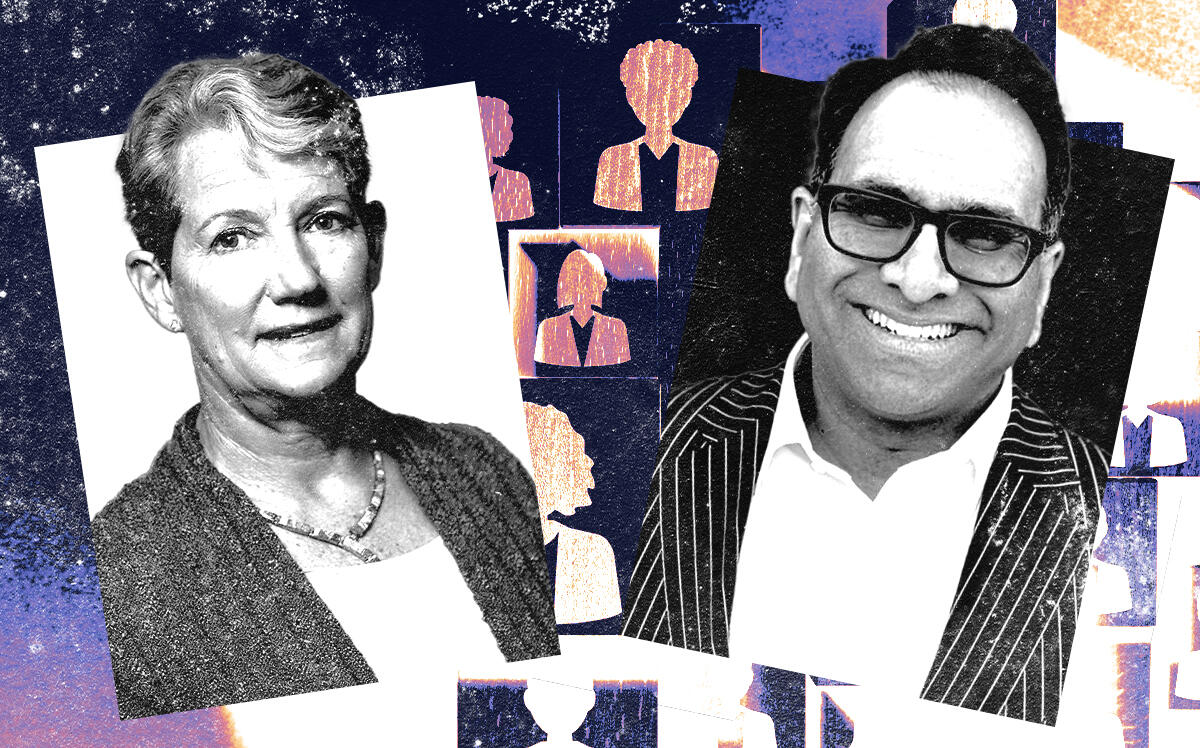Trending
“Existential urgency”: Housing crisis clouds South Florida, expert says
While region has experienced an influx of firms with a collective $2 trillion of assets under management, unattainable home prices and rents remain a challenge, CREW panelist said

South Florida has benefited from a surge in companies and employees moving to the tri-county region during the pandemic. But for the area to continue to thrive, housing must become more affordable, experts said during a real estate event on Friday.
University of Miami professor Andrea Heuson and independent consultant Saif Ishoof provided their economic forecast during a CREW Miami, or Commercial Real Estate Women, panel in Coconut Grove.
Neither Heuson nor Ishoof deny that South Florida’s real estate market and overall economy have been bolstered by population growth and the influx of firms. Yet, their economic forecast brought up the region’s weak points. Heuson put the possibility of a recession in perspective, and Ishoof cautioned that in the background of all the growth looms the housing affordability crisis.
“I feel like we are in a paradigmatic state like that right now, around housing affordability,” Ishoof said. “We have to treat it with a sense of existential urgency.”
Since the financial and tech firm boom started, a “back of the envelope” estimate shows that
companies with a combined $2 trillion of assets under management have moved to South Florida, Ishoof said. Last year, he started consultancy Lab22c that aims to aid the #MiamiTech movement. He previously played a key role in attracting companies to Miami, including as an adviser in innovation and technology to Mayor Francis Suarez.
Heuson said she learned a new acronym at a conference in Jupiter last weekend: WFM — or work from Miami. It’s a twist on WFH (work from home), and refers to Miami’s role as a mecca for employees who are working remotely from their new homes in Miami.
Ishoof said the region’s next chapter lies in three sectors: Blockchain and fintech, health care technology that taps into the potential of the Miami Health District, and climate change tech that focuses on innovations such as carbon sequestration and clean energy, he said.
South Florida should be on the lookout for potential demand both domestically and internationally, he added.
A new 4 percent tax on income above $1 million in Massachusetts could lead to “a lot more obnoxious Celtics fans here in South Florida in short order,” Ishoof said. Canada’s 2025 federal elections and volatility in Brazil also could lead to an influx of firms to South Florida.
Company founders in Brazil “don’t want access to Miami as the gateway city. They want access to the North American market,” Ishoof said.
Yet, all the potential growth could be for naught if Miami doesn’t address its housing crisis.
“Everything that we’ve talked about will stop. All of us will wind up having to make our way to another region,” Ishoof said. He urged locals to seek to cooperate on the issue with well-heeled newcomers.
Hopefully, Heuson said, Miami-Dade County’s call for developers to overhaul 17 acres mostly consisting of government buildings in downtown will alleviate some of the affordable housing shortage.
While Miami-Dade’s solicitation has drawn broad guidelines for the project, the county has emphasized the need for high-rises with affordable and workforce housing.
Heuson showed that wage growth has been stagnant, which is hitting consumers especially hard amid current inflation.
And, in fact, South Florida’s office market isn’t back to pre-2020 levels. Most of the leasing has been in the trophy new buildings in Brickell and downtown West Palm Beach, she said.
Vlad Doronin’s OKO Group and partner Cain International are nearing completion of 830 Brickell in Miami.
In downtown West Palm Beach, Stephen Ross’ Related Companies is building 515 Fern and One Flagler. They would be the firm’s fifth and sixth office properties in the neighborhood.
Overall, South Florida’s economic outlook shows strength and is less worrisome than places such as Illinois, though it’s not entirely rosy.
“We just kind of have to watch and see,” Heuson said. “But it could be worse, so we should enjoy what we have.”




